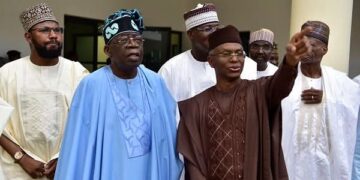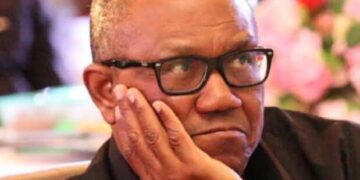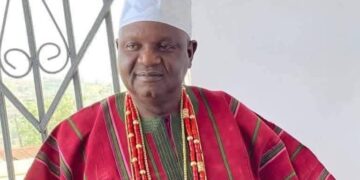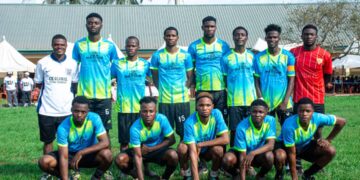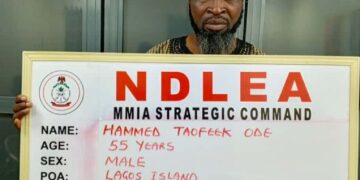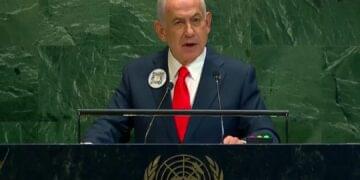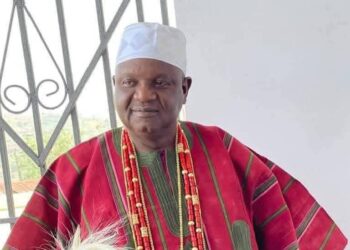The incessant violence, killings, and displacement in the Apa/Agatu Federal Constituency are no longer mere episodes of insecurity. When closely examined, these attacks reflect a deeper, more insidious strategy—cultural intimidation. The persistent targeting of communities with shared ethnic, historical, and cultural identities suggests an attempt to erode not just the safety but the very essence of our people’s heritage.
Our communities, mostly Idoma-speaking of Agatu and Ochekwu with strong traditional governance and social structures, are being pushed from their ancestral lands—lands that define our roots, livelihood, and spiritual heritage. The loss of land equals the loss of voice, dignity, and generational continuity. Displacement, in this context, is not just a humanitarian crisis—it is cultural erasure.
The fear instilled by these attacks has become a weapon of control. People no longer feel safe to farm, assemble, or celebrate their festivals. Traditional leaders are cautious in their expressions, and youth associations are losing cohesion. This erosion of social unity is exactly what makes cultural intimidation so dangerous—it breaks people from within.
In the midst of this, governance must rise to meet the moment.
We therefore call for the Movement for Political and Economic Reforms in Apa/Agatu Constituency—a coordinated initiative where all stakeholders, from traditional rulers to elected representatives, civil society actors, religious leaders, and diaspora voices, commit to:
1. Peace and Reconciliation Forums – Where any grievances and misunderstandings can be resolved with transparency and dignity.
2. Establishment of Community-Based Security Architecture – Legally backed and managed by locals in partnership with the federal security structure.
3. Land Rights Protection and Cultural Preservation Policies – Ensuring our communities retain access and authority over our ancestral lands.
4. Youth Empowerment Programs – Beyond palliatives, there must be sustainable economic opportunities to discourage migration and encourage local development.
5. Media and Legislative Advocacy – To consistently document, expose, and escalate both the physical attacks and cultural consequences.
To those who downplay these atrocities as random or inevitable, let it be clear: we see the patterns. We see the intimidation. And we refuse to be silenced. True representation demands that we speak for those afraid to raise their voices.
It is time to end the cycle of fear and marginalization. The people of Apa/Agatu are not just statistics in a security report—they are custodians of a vibrant culture that must be protected at all costs.
Let every voice rise—from community halls to the floor of the National Assembly—in one unified demand: Peace, dignity, and justice now.




